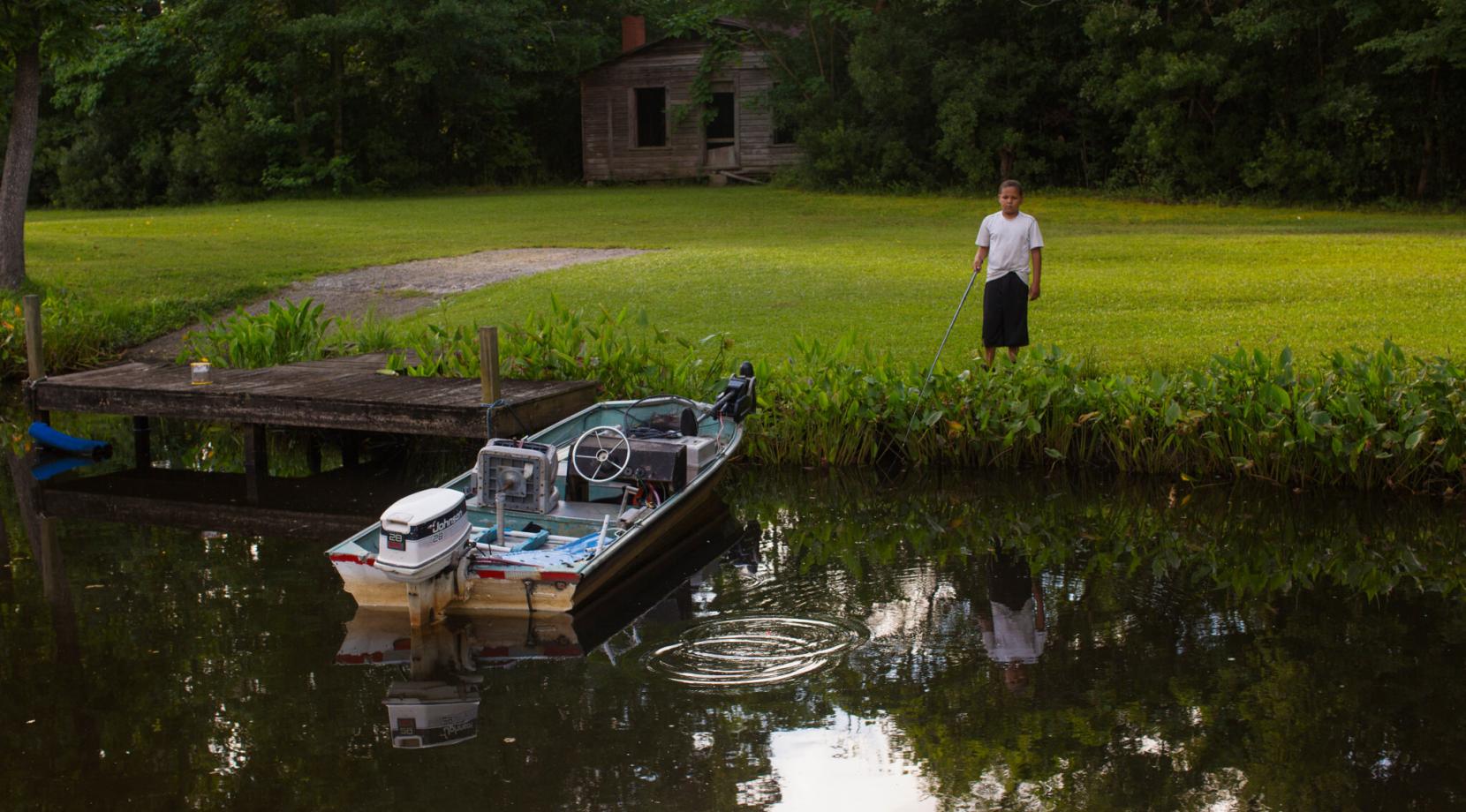Flooding of Blounts Creek with mine wastewater before NC Supreme Court
On behalf of Sound Rivers and the North Carolina Coastal Federation, today SELC filed a petition with the North Carolina Supreme Court arguing that a state permit failed to protect the waters of a popular fishing creek in eastern North Carolina, Blounts Creek, from Martin Marietta’s plan to discharge up to 12 millions of gallons of mine wastewater a day into the creek and flood it.
“The state permit fails to uphold the core requirement of the Clean Water Act: to protect our waters as they exist naturally,” says Senior Attorney Geoff Gisler. “Blounts Creek deserves the full protection that the law provides.”
Martin Marietta’s mine discharge would transform the swampy, slow moving headwater habitat into a fast-flowing stream consisting primarily of mine wastewater, permanently altering the creek’s diversity of fish and abundance of high quality fish habitat that make it a treasured fishing spot.


“Generations in Beaufort County have grown up fishing and boating on Blounts Creek,” says Sound Rivers Executive Director Heather Deck. “The natural diversity of life in Blounts Creek is beloved by the local community and many families across the state who want to ensure the creek is protected for future generations.”
Today’s filing follows a recent Court of Appeals of North Carolina decision that reversed an earlier state court decision to vacate the N.C. Division of Water Resources’ permit for the 649-acre open pit mine outside Vanceboro in Beaufort County. In 2017, Carteret County Superior Court found that the state permit failed to protect the biological integrity of the creek as required by state law.
“The fundamental requirements of our state and federal water quality laws require state agencies to protect the biological integrity, fish, and wildlife of our coastal creeks and sounds,” says Todd Miller, executive director of the N.C. Coastal Federation.
The creek provides vital habitat to a diverse community of fish—including red drum and river herring—and is beloved by locals and people across the state.
Martin Marietta admitted in its permit application that the altered creek would no longer support its existing diversity of fish species and would no longer be considered swamp waters due to the increased flow, increased pH, and other changes to the creek that would result from the discharge. DWR’s lead biologist found that the creek with the wastewater would be unlike any creek naturally found in eastern North Carolina. Under federal and state law, North Carolina cannot authorize discharges that will violate water quality standards by changing the natural mix of wildlife in a water body.
State wildlife agencies and the Environmental Protection Agency objected to the plan in their response to the draft state permit.
In violation of state and federal law and despite other agencies’ criticisms, the Division of Water Resources required no significant changes to address these problems in its final permit.

The beloved Blounts Creek in April. (© Matt Eich)

